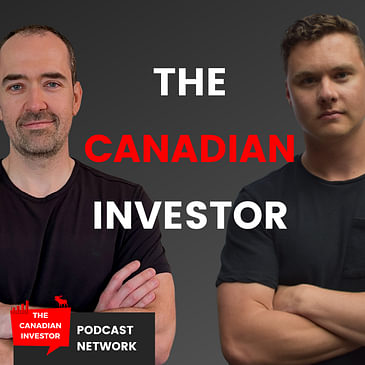In this insightful episode of the Canadian Investor Podcast, your hosts, Simon and Braden, delve deep into the intriguing role of luck in the stock market and its potential effects on your investment outcomes. The duo explores the critical question of how much luck versus skill contributes to selecting winning stocks.
Further, they shed light on the often misleading nature of historical returns, particularly focusing on the total returns of stocks that have shown exceptional performance over long periods. Join Simon and Braden as they provide a fresh perspective on evaluating past performance and the unpredictable element of luck in investing.
Check out our portfolio by going to Jointci.com
- Our Website
- Canadian Investor Podcast Network Twitter: @cdn_investing
- Simon’s twitter: @Fiat_Iceberg
- Braden’s twitter: @BradoCapital
- Dan’s Twitter: @stocktrades_ca
Want to learn more about Real Estate Investing? Check out the Canadian Real Estate Investor Podcast!
Apple Podcast - The Canadian Real Estate Investor
Spotify - The Canadian Real Estate Investor
Sign up for Finchat.io for free to get easy access to global stock coverage and powerful AI investing tools.
Register for EQ Bank, the seamless digital banking experience with better rates and no nonsense.
See omnystudio.com/listener for privacy information.

